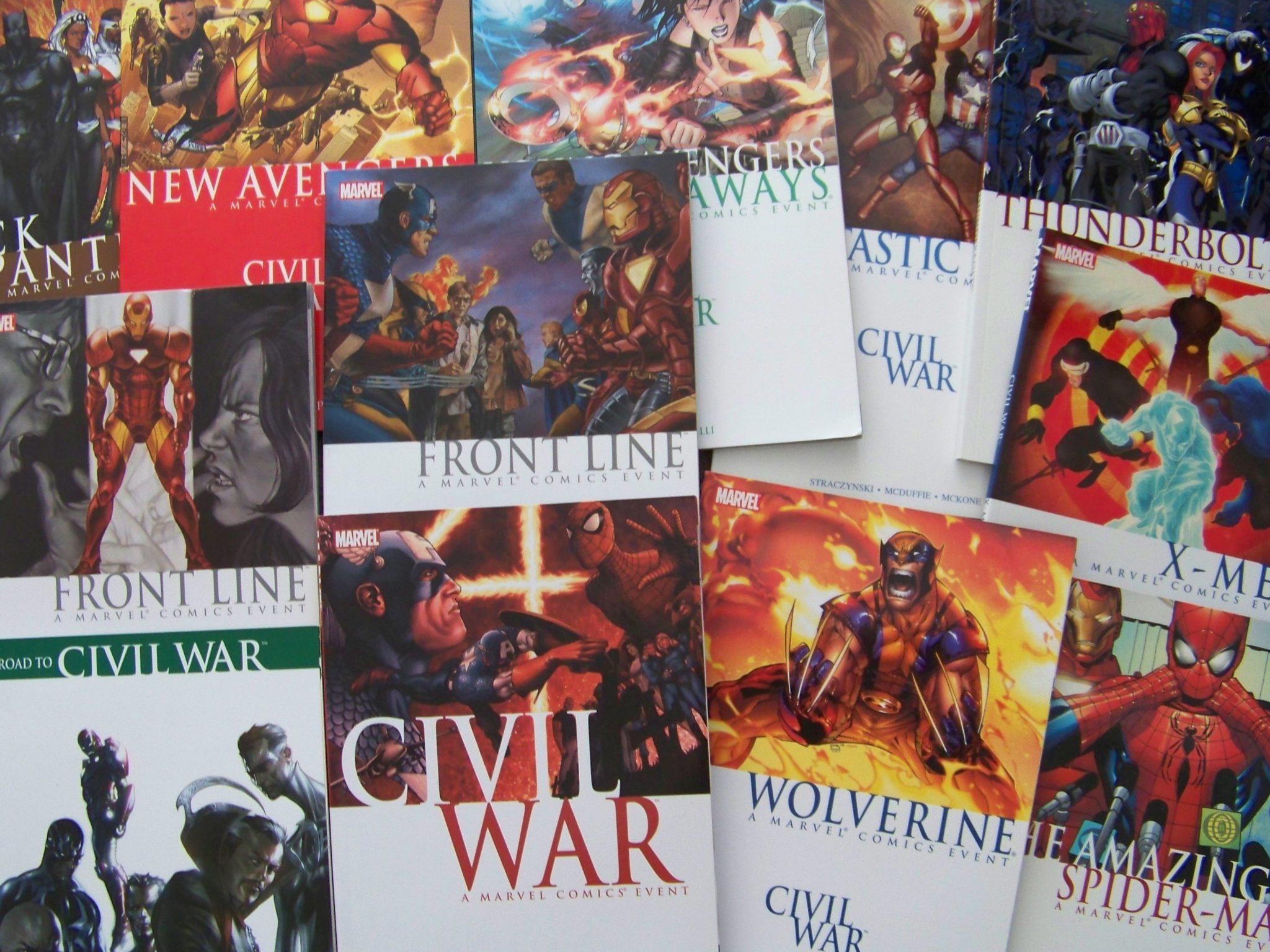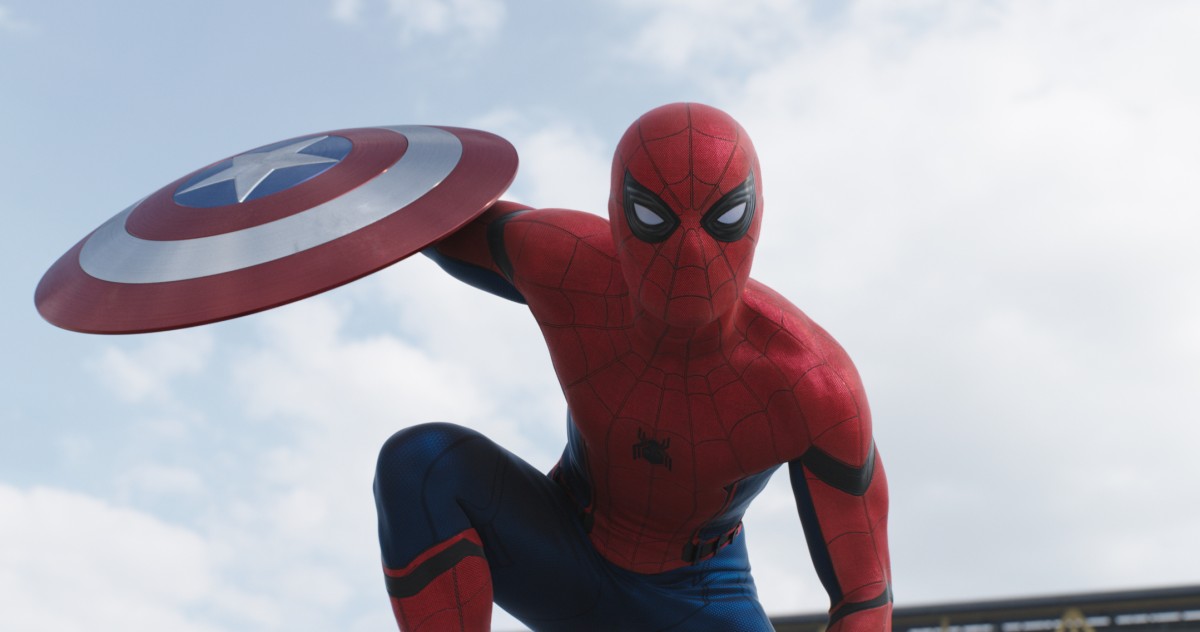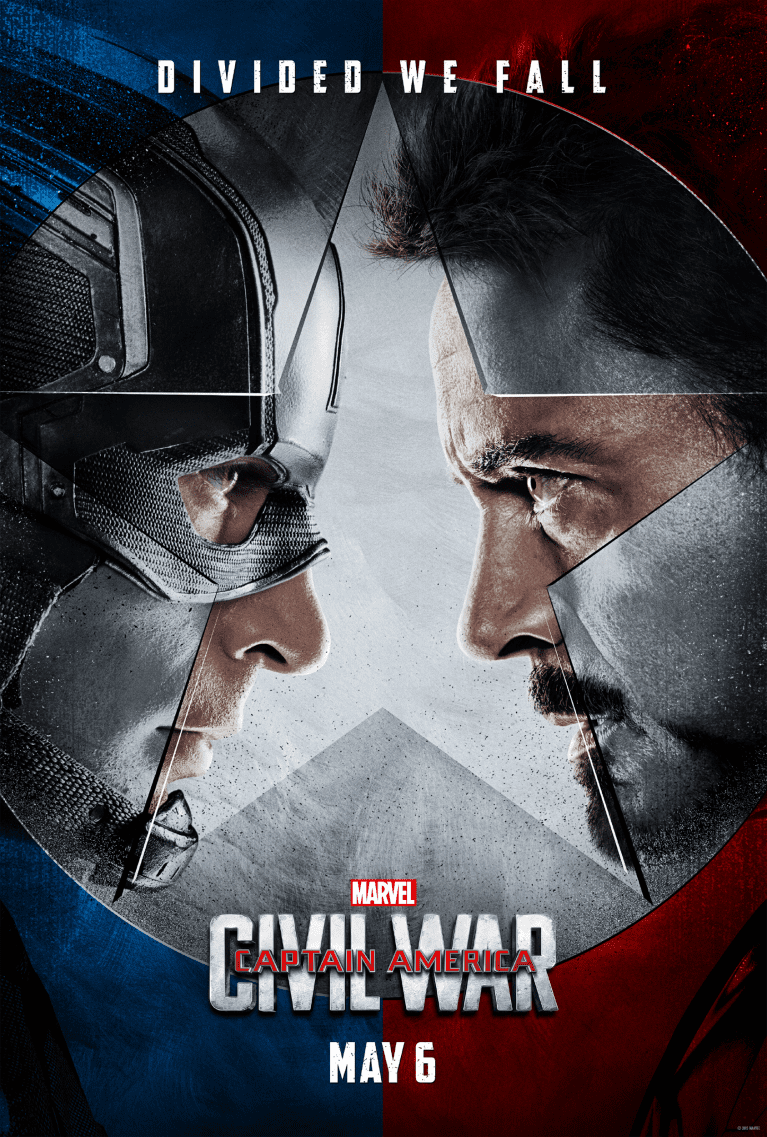This is more of a discussion than a review. I have tried to omit any major spoilers, but you may wish not to read on if you are not up to date with the MCU movies.
A Marvel Cinematic Universe (MCU) adaptation of the Civil Wars story arc was never going to translate directly. They couldn’t just take the plot from the comics. The comics included an entire universe (mostly in America) of supers at ends, leading to showdowns featuring hundreds of powered figures around the country. Whereas in the MCU there are roughly a dozen supers currently known of. Hulk and Thor are off doing who knows what, and most the Avengers don’t even have powers, so how much of a battle are we likely to see?
With Civil War, when you boil it down, the issue causing the rift was the question of accountability. Do the heroes answer to governments to remain accountable and reduce collateral damage, but throw away their own personal freedoms with the same action? The comics also explored more issues, such as the consequences of heroes revealing their true identity.

There’s a lot of source material to use, and this isn’t even half of it.
In one camp we have Team Stark. Iron Man is wracked by guilt, and is trying to redeem himself anyway he can. He decides that answering to a governing body will relieve him of responsibility for his actions. On the other side of the fence we find Team Cap. Steve Rodgers knows that doing what is right does not always equate to following the law, and fights against registering to work for a body that will likely restrict his actions. Our supers all pick their side and make a stand.
I have to side with Cap on this one. I’m pretty sure the moral of his previous title, The Winter Soldier, was that you can’t trust anyone unless they’re Nick Fury. In that film SHIELD (the good guys that our heroes worked for/with) were secretly being run by HYDRA (essentially new wave Nazis). And if that’s the case, then it’s highly likely that the UN body are being run by some dodgy individuals as well.
Not that I can’t see the arguments for pro-registration. The film explores how lives lost as “collateral damage” are still lives that mattered to the families of those who dies. Sure, the Avengers may have saved the world a few times, but the people who lost loved ones when a building fell during a battle don’t always see it that way.
And members of Team Stark don’t really sell the virtues of accountability when two members, Iron Man and Black Panther, are both motivated by personal issues and driven by revenge. In fact, I was especially upset by the treatment of Black Panther. In this film, a usually noble and advanced character was depicted as a royal brat throwing his toys. Sure, his actions made sense, based on the plot, but it isn’t fair to gloss over such a great character just for the sake of including him in the film in order to set up a sequel.
Captain America: Civil War also opens questions about the futures of key Marvel figures. Marvel sold off the film rights for many of their characters back in the late 1900’s. This is why it was unlikely you would never see Wolverine fighting the Hulk, or The Fantastic 4 teaming up with Daredevil, on the big screen. The characters were owned by different studios, and that’s the way it was set to stay.
This can create confusion around some mutually usable characters. Scarlet Witch and Quicksilver are technically mutants, so although we saw them introduced in Avengers: Age of Ultron, we also see them in completely unrelated settings in the Xmen franchise, as different studios use the characters with the same names and powers in separate stories.

Spiderman, played by Tom Holland. Notice his new classic look costume.
Likewise, Spiderman was a key character in the Civil War comics, but Marvel fans never thought that Sony would relinquish their grip on the rights to his use in cinema. So the fact that Spiderman is appearing in Civil War, opens questions about the future of his character on the big screen. Does this set the precedent for more collaborations and cross-overs to come?
For the record, Spiderman is portrayed quite accurately in Civil War. Parker is an dorky teen unsure about how to make the most of his new-found powers. He comes across as awkward, wise cracking with annoying jokes to compensate for his lack of confidence. Small details, like living in Queens with his Aunt May, having his own homemade webshooters, and Stark providing him with a new suit, means that Spidey fans should be pleased with how true-to-the-source he is.
As for the rest of the film? I enjoyed it. They did well to take the essence of the comics and turn it into something that worked onscreen. There are plenty of decent fight scenes, and despite the clear power imbalance between the sides, it seems to work. It is a Captain America film, but the two sides of the conflict are show in a balanced way. There are laughs and emotional scenes, and at the end of the film you feel like you’ve got your money’s worth. I was upset about Black Panther, but hopefully this is redeemed by his own title, and I felt that the Spiderman inclusion was done well enough to make up for it.
Hot tip: hang around after the credits. We all know that MCU films always have a scene after the credits, but Civil War also has a mid-credit piece as well.
Joseph James

